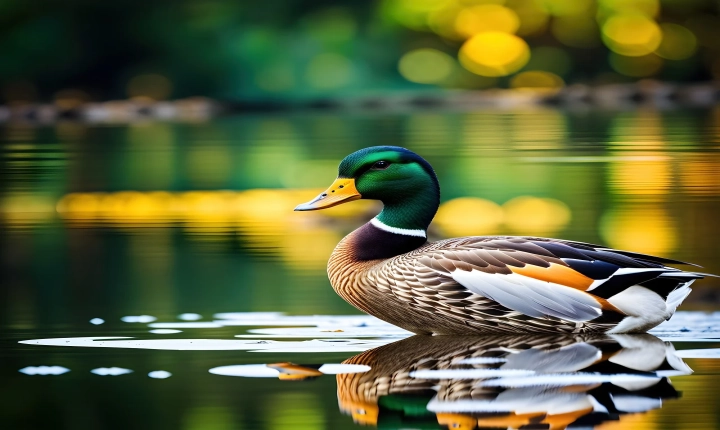AI servo and image stabilization are two essential features in modern camera systems, designed to enhance the accuracy and effectiveness of capturing moving subjects. Both of these technologies work hand-in-hand to deliver sharp, in-focus images even in dynamic shooting situations, such as sports, wildlife, or any fast-paced action.
AI servo, or continuous autofocus, is a feature in digital cameras that automatically tracks a moving subject and adjusts the focus to ensure that the subject remains sharp and in focus throughout the shooting process. This is particularly useful when photographing subjects in motion, as the AI servo mode can continuously adjust the focus to keep up with the movement of the subject. It is a crucial tool for photographers looking to capture fast and unpredictable action with precision.
On the other hand, image stabilization is a mechanism within the camera or lens that reduces the blurring effect caused by hand movement or camera shake during the exposure. Image stabilization can significantly improve the sharpness of images, especially in low-light conditions or when using long telephoto lenses, where the risk of camera shake is heightened.
The question of whether AI servo works with image stabilization is an important one for photographers looking to maximize the potential of their camera gears. The good news is that in most modern camera systems, these two features are designed to work together seamlessly, complementing each other to deliver sharper and more accurate results.
When shooting in AI servo mode, the camera’s autofocus system continuously tracks the subject’s movement while the image stabilization mechanism works to reduce any blurring caused by hand movements or camera shake. By working in tandem, AI servo and image stabilization ensure that the subject remains in focus and that the captured images are free from motion blur, even in challenging shooting conditions.
It’s important to note that different camera brands and models may have varying implementations of AI servo and image stabilization. Some camera systems may offer a range of image stabilization modes, such as panning mode for tracking lateral movement, which can further enhance the effectiveness of AI servo in specific shooting scenarios.
Additionally, advancements in camera technology have led to the integration of artificial intelligence and machine learning algorithms into autofocus and image stabilization systems. These intelligent systems can predict the movement of subjects and adjust the focus and stabilization settings accordingly, further improving the accuracy and reliability of capturing moving subjects in AI servo mode while using image stabilization.
In conclusion, AI servo and image stabilization are invaluable features for photographers looking to capture fast-paced action with precision and clarity. When used together, these technologies work harmoniously to ensure that moving subjects are accurately tracked and captured with minimal blurring, even in challenging shooting conditions. As camera technology continues to evolve, we can expect further enhancements in the integration of AI servo and image stabilization, providing photographers with even more powerful tools for capturing dynamic subjects.
